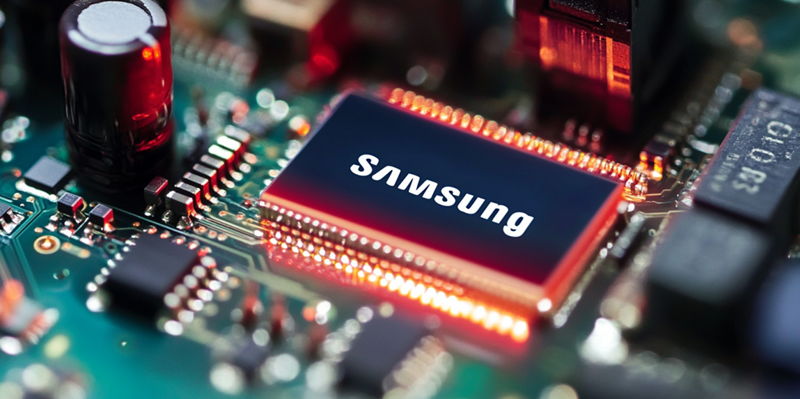Samsung, a global leader in technology, is currently grappling with significant challenges in its semiconductor and memory divisions, sectors that have historically constituted a substantial portion of its revenue. These troubles have led Samsung’s vice chairman to make a rare public apology, acknowledging the crisis and expressing the leadership’s commitment to corrective actions. The gravity of the situation is evident from the conciliatory tone of the apology, which aims to reassure investors and partners about the company’s future strategies and resilience. Despite this turbulence, Samsung remains a pivotal player in the memory market, actively seeking new contracts and technological advancements to secure its competitive position.
Semiconductor Hurdles and Financial Strain
The cornerstone of Samsung’s financial troubles in recent quarters has been its semiconductor business, particularly the foundry division, which has reported significant financial losses. This downturn is exacerbated by low yields in its advanced 3nm and 2nm semiconductor nodes, technological challenges that have deterred potential customers from committing to Samsung’s foundry services. The situation casts a shadow over the company’s attempt to catch up with rivals who appear to be advancing more steadily in this high-stakes arena. These operational inefficiencies are not just financial setbacks; they also pose a threat to Samsung’s long-term aspirations to lead the semiconductor industry.
Adding to the pressure is Samsung’s memory business, a critical revenue stream, which has also faced headwinds. The competitive landscape in this sector is fierce, with SK Hynix emerging as a formidable competitor, especially in high-bandwidth memory (HBM) solutions tailored for AI hardware. Samsung’s struggle to maintain a competitive edge in this fast-evolving market has sparked concerns about its ability to keep up with technological advancements and meet increasing demand. As the industry shifts towards more sophisticated memory solutions, Samsung’s lag in adopting cutting-edge technologies further compounds its challenges, necessitating urgent strategic recalibrations.
Cultural and Organizational Shifts
Recognizing the urgency of the situation, Samsung’s vice chairman has called for substantial cultural and organizational shifts within the company. His public apology, an uncommon move for a senior executive, is laden with promises of transformative changes aimed at improving competitiveness and technological leadership. This candid communication style, which includes open discussions about internal struggles and inefficiencies, underscores a broader strategy to foster transparency and agility within the organization. The goal is to break down silos, enhance inter-departmental communication, and cultivate a culture of innovation and accountability.
These changes are crucial for addressing the root causes of the current crises and paving the way for sustainable growth. The vice chairman’s emphasis on confronting issues head-on mirrors his previous calls for a more courageous and proactive approach to problem-solving. This renewed focus on organizational culture aims to empower employees at all levels to contribute to the company’s turnaround efforts. By fostering a more collaborative and forward-thinking environment, Samsung hopes to navigate the complexities of the semiconductor and memory markets more effectively, ensuring long-term stability and growth.
Future Outlook and Strategic Moves
Samsung, a global technology leader, is facing substantial difficulties in its semiconductor and memory divisions, sectors that have traditionally been significant revenue drivers for the company. These challenges prompted Samsung’s vice chairman to publicly apologize, an unusual move that underscores the seriousness of the crisis. The apology also reflects the leadership’s dedication to addressing the issues and implementing corrective measures. The somber tone of the statement aims to reassure investors and business partners about the company’s strategic plans and resilience in overcoming this setback. Despite these hurdles, Samsung remains a crucial player in the memory market, actively pursuing new contracts and focusing on technological advancements to maintain its competitive edge. While grappling with current problems, Samsung continues to innovate and strive for excellence, showcasing its enduring influence in the technology sector. The company’s proactive approach and ongoing developments indicate its readiness to rebound and strengthen its market position.

